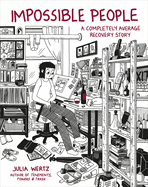LBF2023: Publishing's Global Outlook
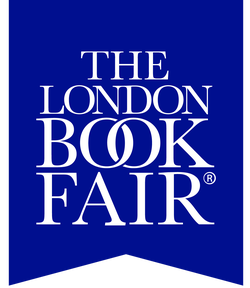 On Tuesday morning at the London Book Fair, the heads of the Association of American Publishers, the International Publishers Association and the U.K. Publishers Association convened to discuss the outlook of the global publishing industry. Philip Jones, editor-in-chief of the Bookseller, moderated the discussion.
On Tuesday morning at the London Book Fair, the heads of the Association of American Publishers, the International Publishers Association and the U.K. Publishers Association convened to discuss the outlook of the global publishing industry. Philip Jones, editor-in-chief of the Bookseller, moderated the discussion.
Maria A. Pallante, president and CEO of the AAP, reported that in the U.S., sales have dipped a bit compared to the pandemic peak, but in most cases not dramatically. Audiobooks, which "really took off," earlier in the pandemic, have seen hardly any dip and are "still really doing well." Generally speaking, "print is still king," making up more than 75% of the market, and about 50% of print books "move over the Internet." Reflecting on the incredible surge in sales that occurred during the pandemic, Pallante doubted it was solely caused by people being stuck at home. "Really serious things were happening," including the push for racial justice in the U.S., and "everybody turned to books."
IPA president Karine Pansa said there were two broad groups of countries around the world. Those in the first group are countries where there is a tradition of and support for literacy, there is established infrastructure for publishing, and there is some level of government support. Publishers in that group are doing relatively well, while those in the second group, which lacks some or many of those qualities, are "still struggling." In many countries, she continued, 2021 was a "really good" year, while 2022 was "more difficult."
Nigel Newton, head of Bloomsbury U.K. and president of the Publishers Association, suggested that when looking at places where the market has turned down, the question should be, "why isn't it more down?" Though there have been some dips since earlier in the pandemic, compared to 2019, most everybody is "still really well up." And as the head of a publisher that operates in many countries, he pointed out that every market has its own unique conditions. India, for example, is "outperforming some of the rest of the world" in terms of growth, while Australia had "its own reactions to the lockdowns."
With the general consensus seeming to be that publishing emerged from the pandemic "pretty much in good shape," Jones wondered what was next for the industry.
Pallante advised publishers not to "rest in place" and pointed to attempts to weaken copyright laws and devalue the book as the largest threats facing the industry. She urged attendees to not let the book industry get turned "into a commodity in service" of other industries, particularly tech. A lot of the policy stress in the U.S. is about "making things available for free really fast," which she said puts author rights and exclusive rights in danger.
Pansa added that copyright and freedom of expression are the "two pillars" of the IPA, and there are "many areas" around the world where "copyright is in danger." In particular, the educational book market is more threatened in that regard. She discussed the importance of showing consumers the importance of publishers and their ability to create curated content, which "not anyone can do."
Asked during the panel's q&a portion about AI, Pallante called it both a challenge and opportunity. Publishers will have access to AI-driven tools that can help in almost all factors of the business, but there is the risk that companies outside the industry will try to use innovations in AI to "overtake" publishing. Initially, she said, it was "very concerning" seeing governments "racing" to create exceptions and give tech companies "carte blanche" to use things protected by copyright. The U.K. has already done a great job against that, she said, while in the U.S. things are "going slowly," with the Getty Images case—essentially whether it is fair use to scrape copyrighted images for use in AI—poised to be a "big test" for the courts. The industry will also need to continue to remind government that "art comes from humans" and human creativity has to be protected.
Newton, meanwhile, said he was of two minds about AI. On one hand, AI-driven tools have the potential to create a "huge competitive edge" for the publishers who get it right. AI could help with marketing, academic research, peer review, and the supply chain, and publishers should "embrace it" and be "front of queue." On the other hand, he remarked, "I think it really may kill us all." --Alex Mutter





IPC.0204.S3.INDIEPRESSMONTHCONTEST.gif)





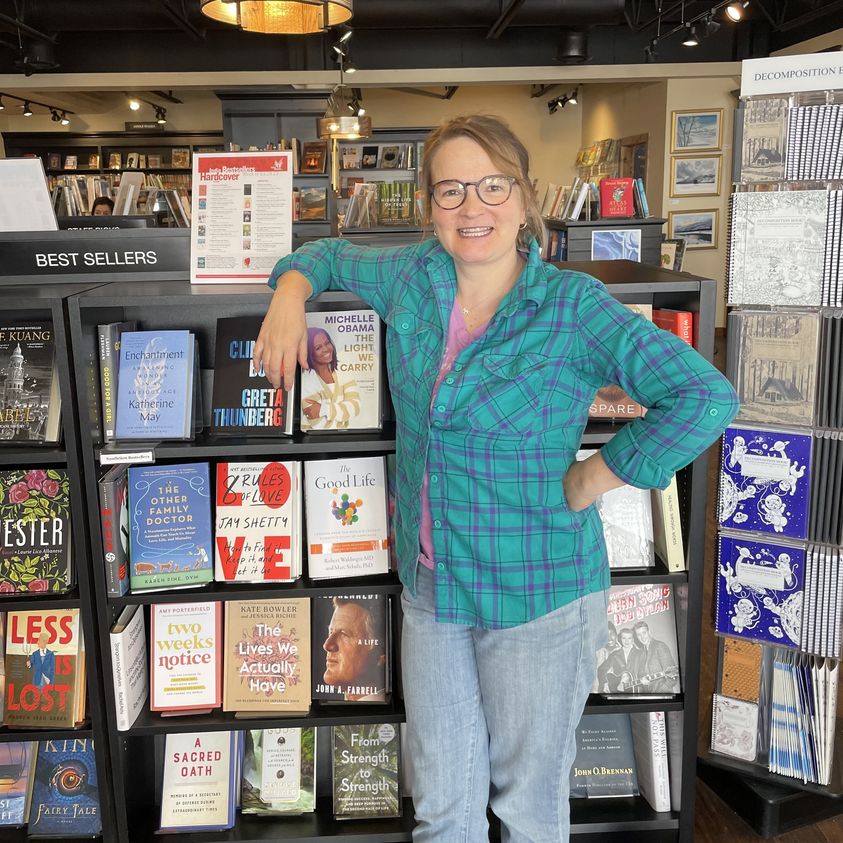



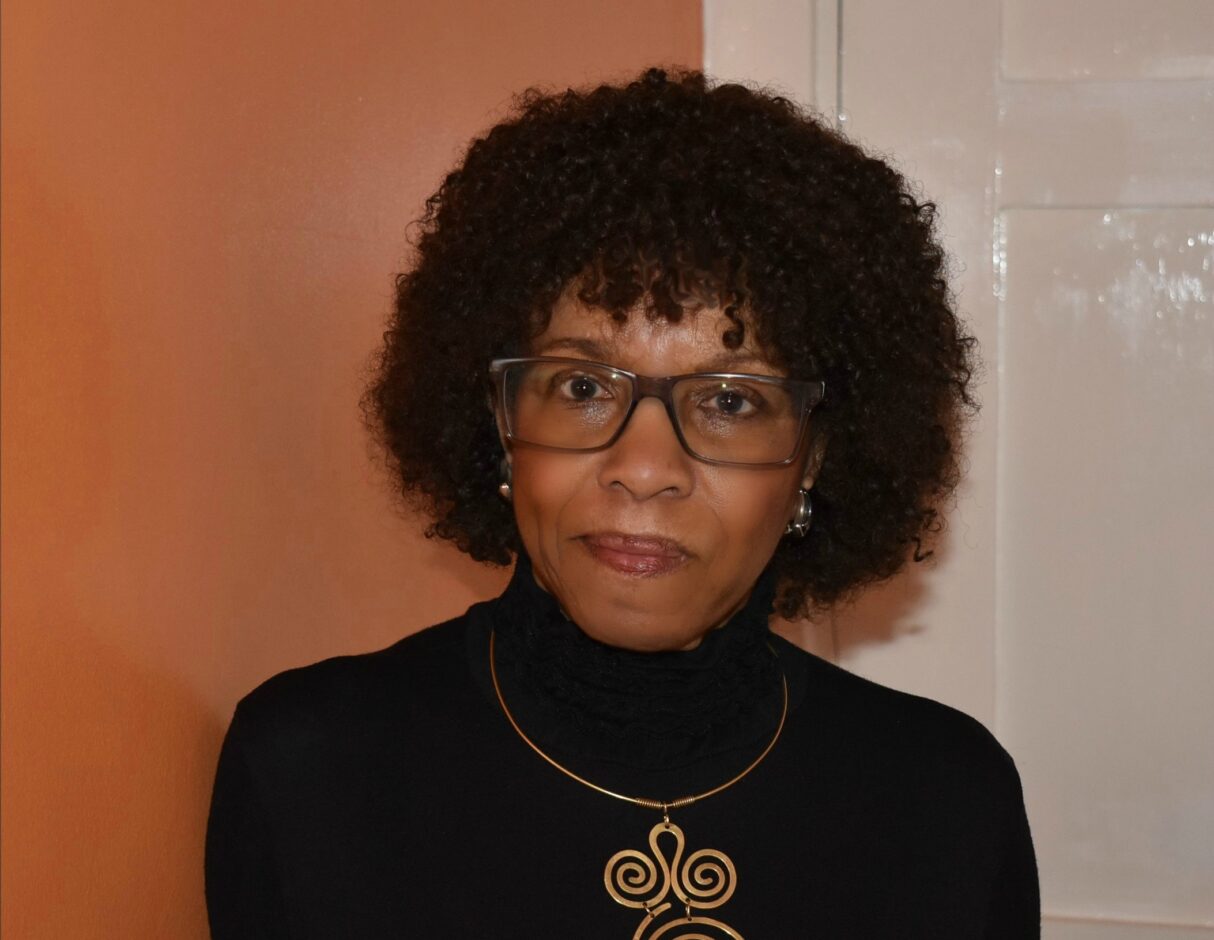
 The '
The '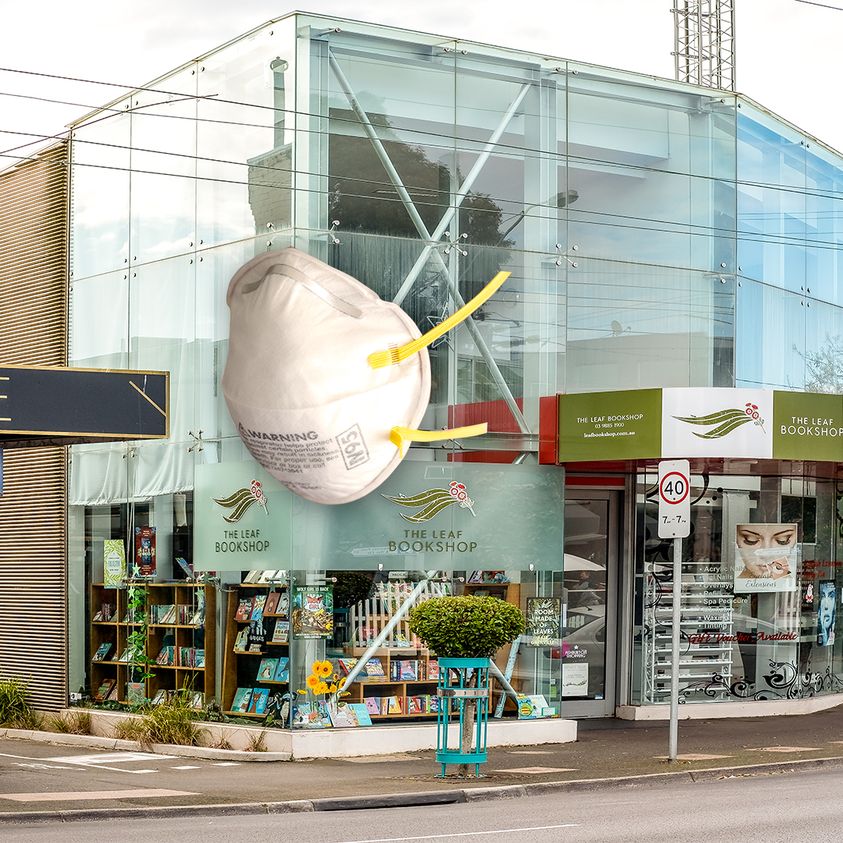 Masking up Down Under: Australian indie
Masking up Down Under: Australian indie IPC.0211.T4.INDIEPRESSMONTH.gif)
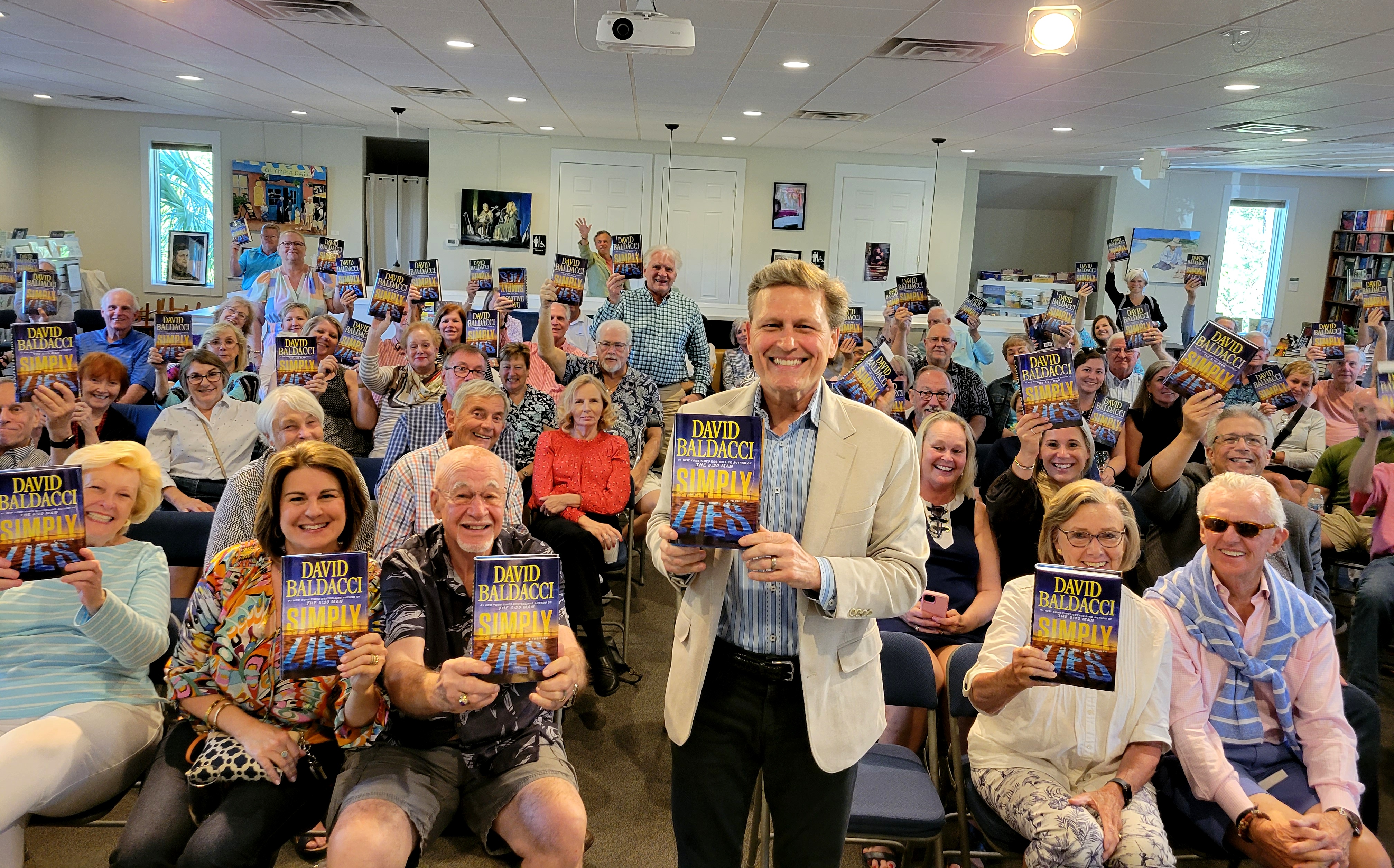
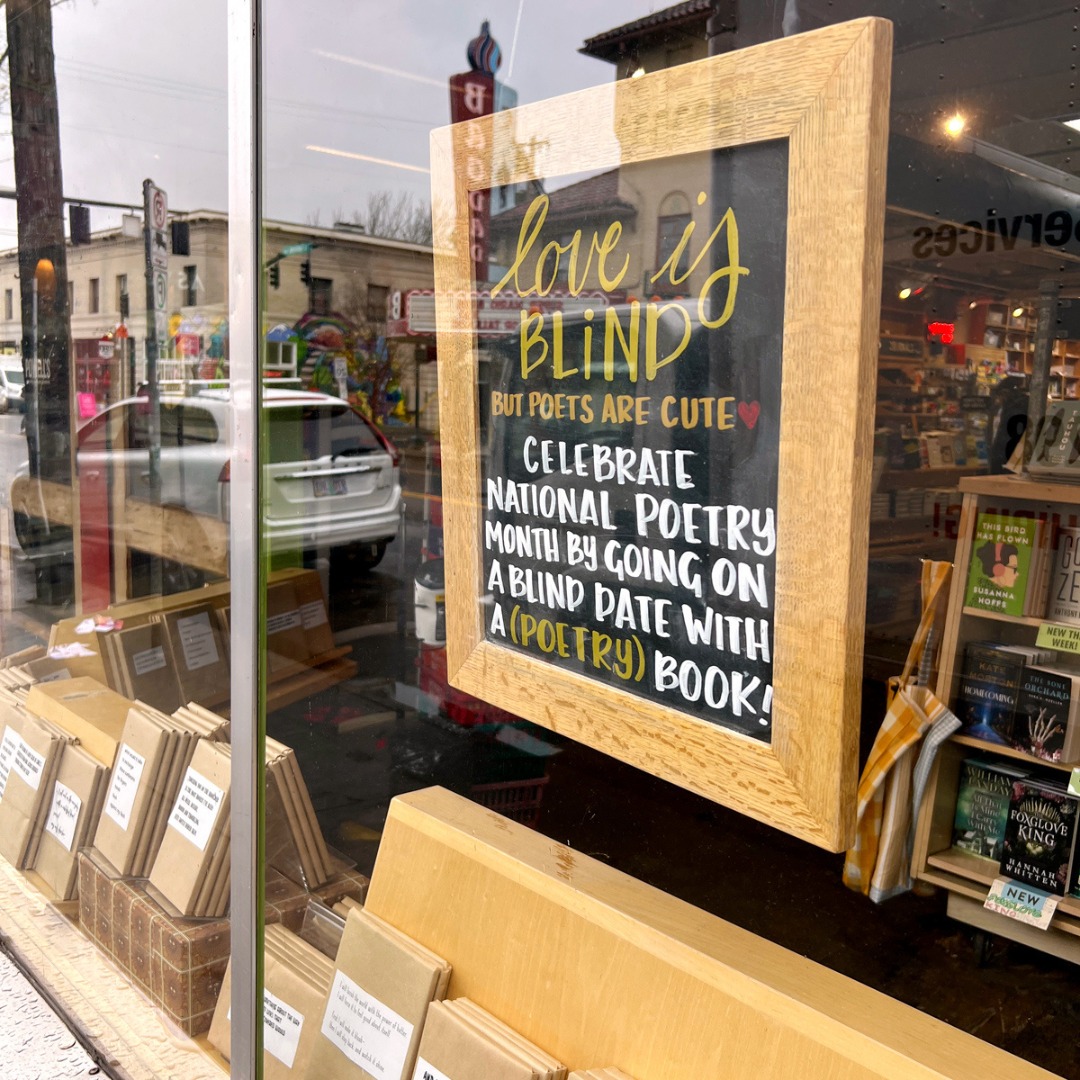 "#LoveIsBlind reunion? You're all talking about the
"#LoveIsBlind reunion? You're all talking about the 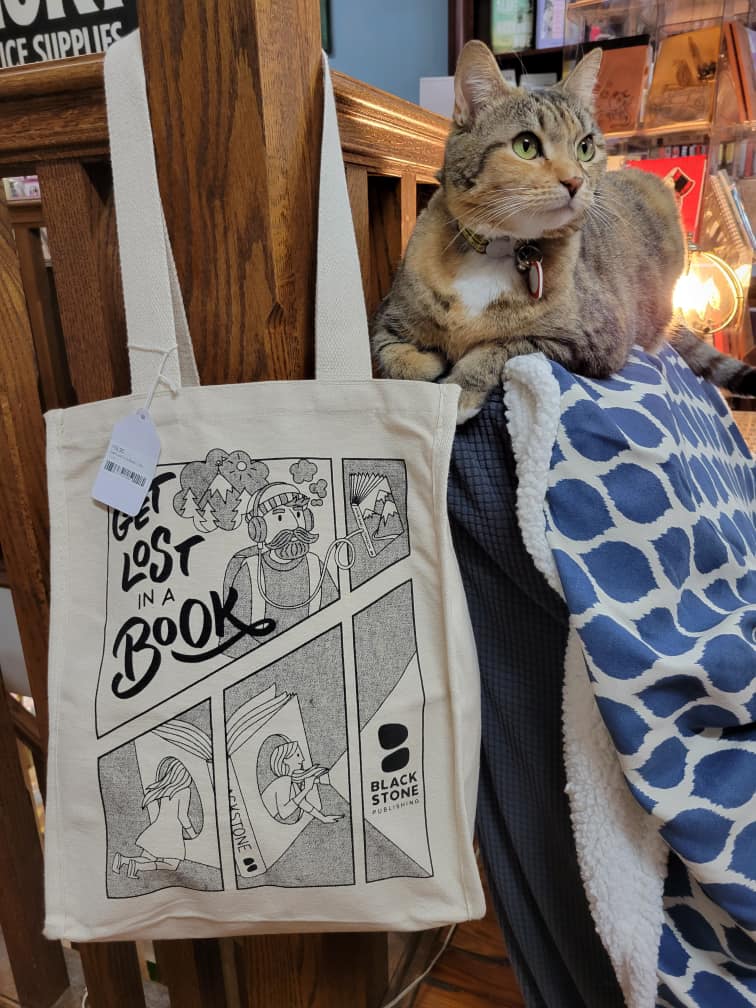 "
" Marshmallow Martians: Show and Smell
Marshmallow Martians: Show and Smell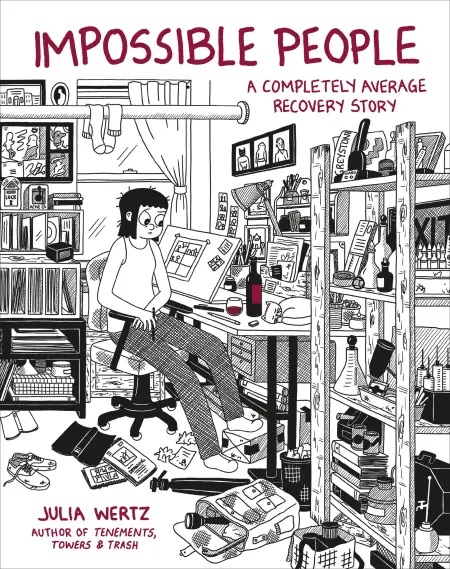 Cartoonist Julia Wertz (Drinking at the Movies) makes comics that defy expectations, and with Impossible People, she offers a graphic memoir that tackles addiction, but with none of the expected dramatic highs and lows. The book opens boldly with a single panel depicting Wertz stranded after crashing a rental car in Puerto Rico and the simple phrase: "What the fuck." As the narrative flashes back to four years earlier, readers might assume they know what's going on--a drunk Wertz crashes her car, and realizes she has a problem. But in the comic, as in life, it's not that simple.
Cartoonist Julia Wertz (Drinking at the Movies) makes comics that defy expectations, and with Impossible People, she offers a graphic memoir that tackles addiction, but with none of the expected dramatic highs and lows. The book opens boldly with a single panel depicting Wertz stranded after crashing a rental car in Puerto Rico and the simple phrase: "What the fuck." As the narrative flashes back to four years earlier, readers might assume they know what's going on--a drunk Wertz crashes her car, and realizes she has a problem. But in the comic, as in life, it's not that simple.